Despite the abovementioned exception, this law seems to point in the right direction by satisfying the most urgent demand of the Greek intersex activist organizations, such as Intersex Greece, which was instrumental as a pressure group in its effort to influence the public policy in the interest of this particular cause. Let me remind you that Intersex Greece is a nationwide collective of intersex adults, parents of intersex children, supportive individuals, and related professionals located in Greece that has at its helm a coordinating team of adult intersex individuals and parents of intersex children, being framed by inclusive and valuable partners. Since May 2021, Intersex Greece is a member of the Organization Intersex International Europe. Unfortunately, while intersex organizations have issued joint statements over several years, including the Malta declaration by the third International Intersex Forum, the implementation of human rights protections in legislation and regulation worldwide has progressed slowly in the last decade with the exception of Malta which became the first country to outlaw non-consensual medical interventions to modify sex anatomy, including that of intersex people, in April 2015.





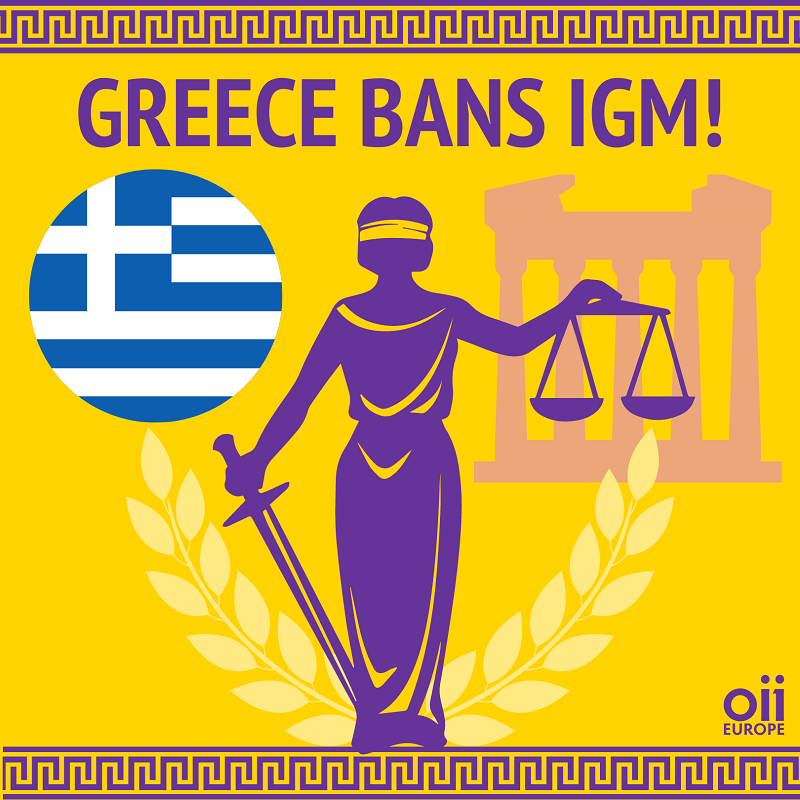
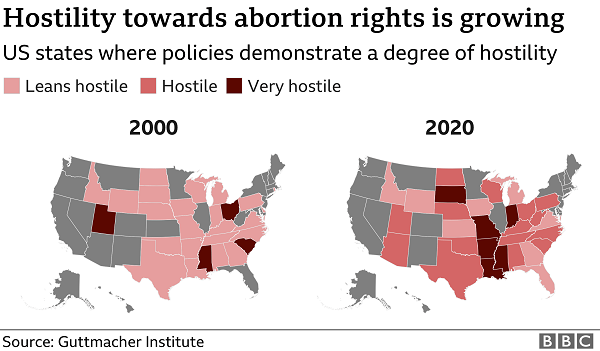
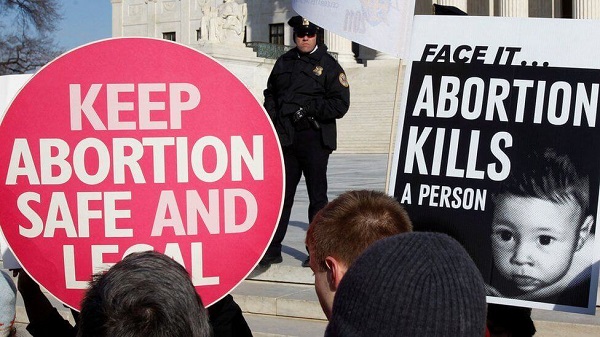
.png)
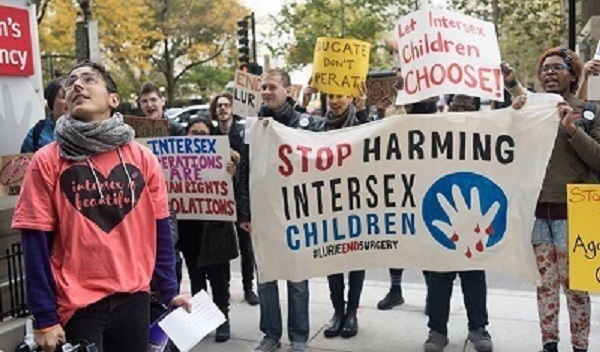
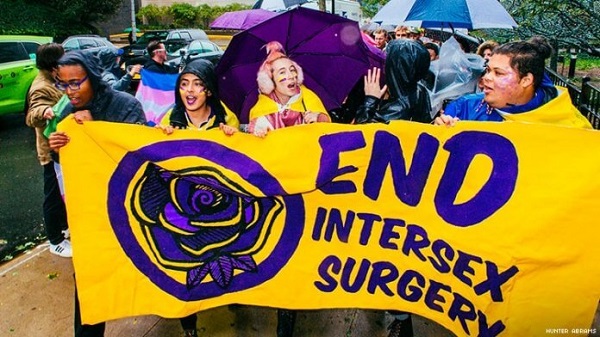
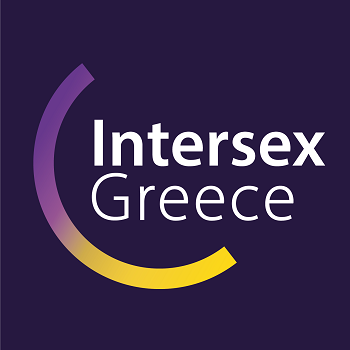

 Login
Login